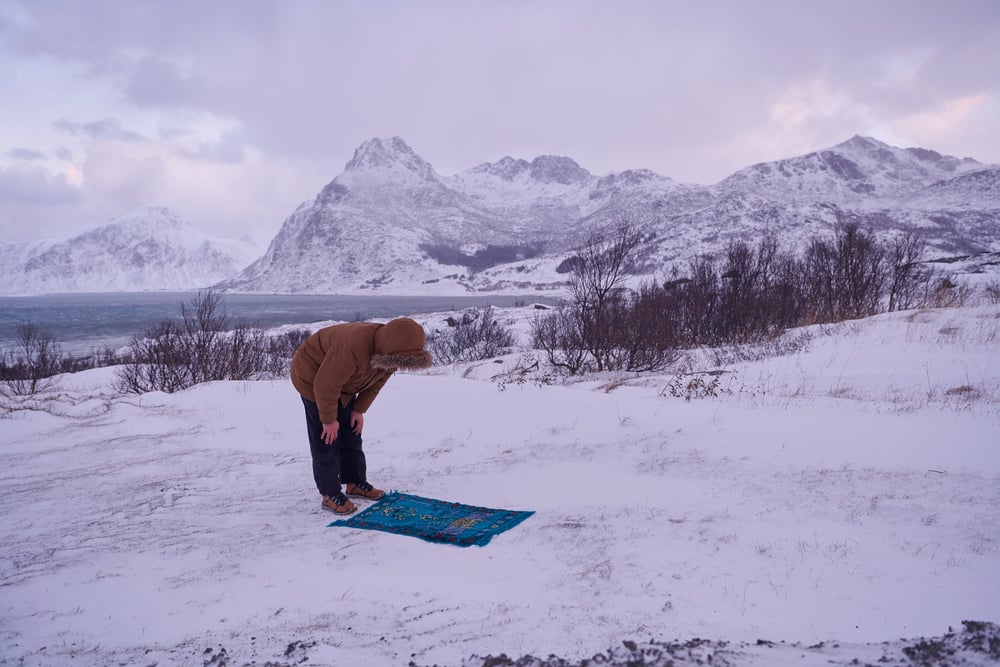Is It Permissible to Pray or Read Quran with or Near Dog Hair?
Hanafi Fiqh
Answered by Shaykh Yusuf Weltch
Question
As an international student who recently relocated to Canada, I’m employed as a security guard for a private security company. As a part of my work, I use a company car in which K9 security dogs work and have their hair all over the place and also on my uniform most of the time.
Is it permissible to pray or read Quran with or near dog hair? Can I make tayammum, if my wudu breaks and I only have drinking water?
Answer
In the Name of Allah, the Most Merciful and Compassionate
Dog Hair
The relied upon position in the Hanafi school is that the hair of a dog is pure. The saliva (including the wetness of the dog) is what is impure. [Tumurtashi; Tanwir al-Absar]
For this reason, the presence of the dog hair does not affect the prayer and its validity; reciting the Quran is also permissible in this situation. [Ibid.]
Tayammum
Tayammum is not permissible unless one is actually or effectively unable to access and/or use water. Merely being a security guard does not indicate to such a circumstance, especially if you are able to bring extra water for wudu. [Ibid.]
However, in the rare case that you are on active duty and their is reasonable fear that if you left your post to perform wudu, there may be harm to you or to that which you are in charge of guarding. [Ibid.]
Hope this helps
Allah knows best
[Shaykh] Yusuf Weltch
Checked and Approved by Shaykh Faraz Rabbani
Shaykh Yusuf Weltch is a teacher of Arabic, Islamic law, and spirituality. After accepting Islam in 2008, he then completed four years at the Darul Uloom seminary in New York where he studied Arabic and the traditional sciences. He then traveled to Tarim, Yemen, where he stayed for three years studying in Dar Al-Mustafa under some of the greatest scholars of our time, including Habib Umar Bin Hafiz, Habib Kadhim al-Saqqaf, and Shaykh Umar al-Khatib. In Tarim, Shaykh Yusuf completed the memorization of the Qur’an and studied beliefs, legal methodology, hadith methodology, Qur’anic exegesis, Islamic history, and a number of texts on spirituality. He joined the SeekersGuidance faculty in the summer of 2019.
